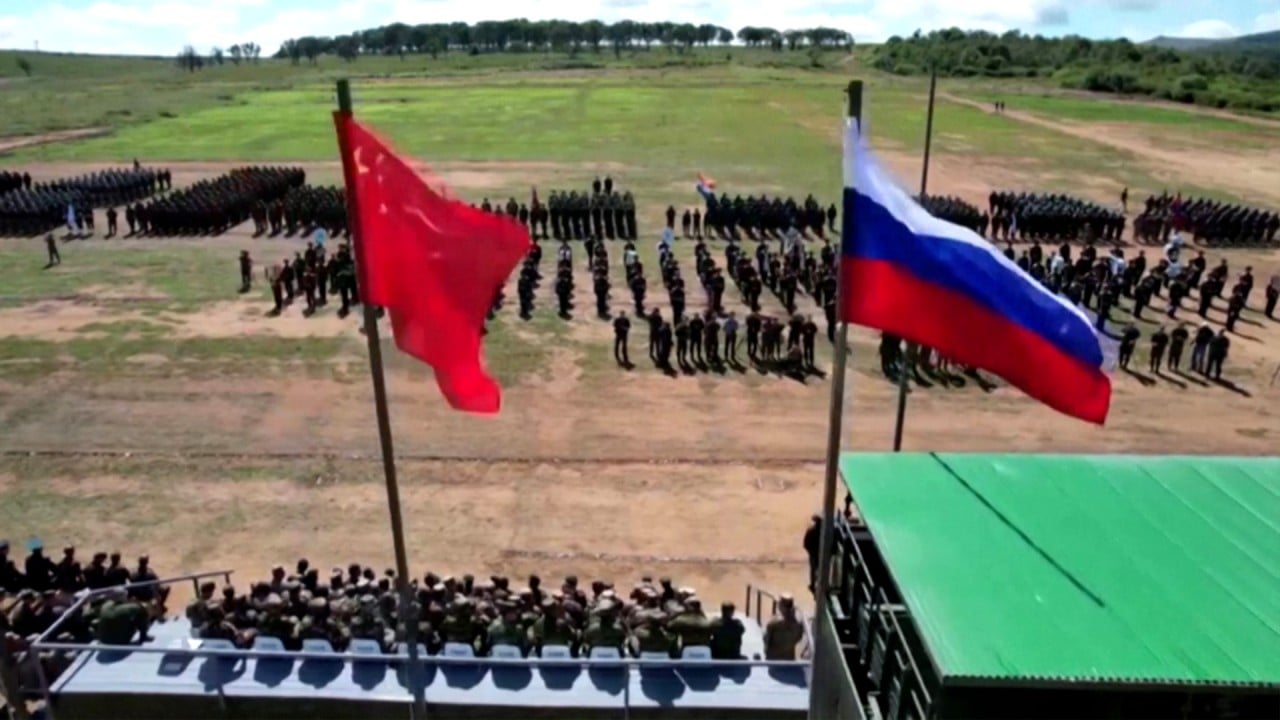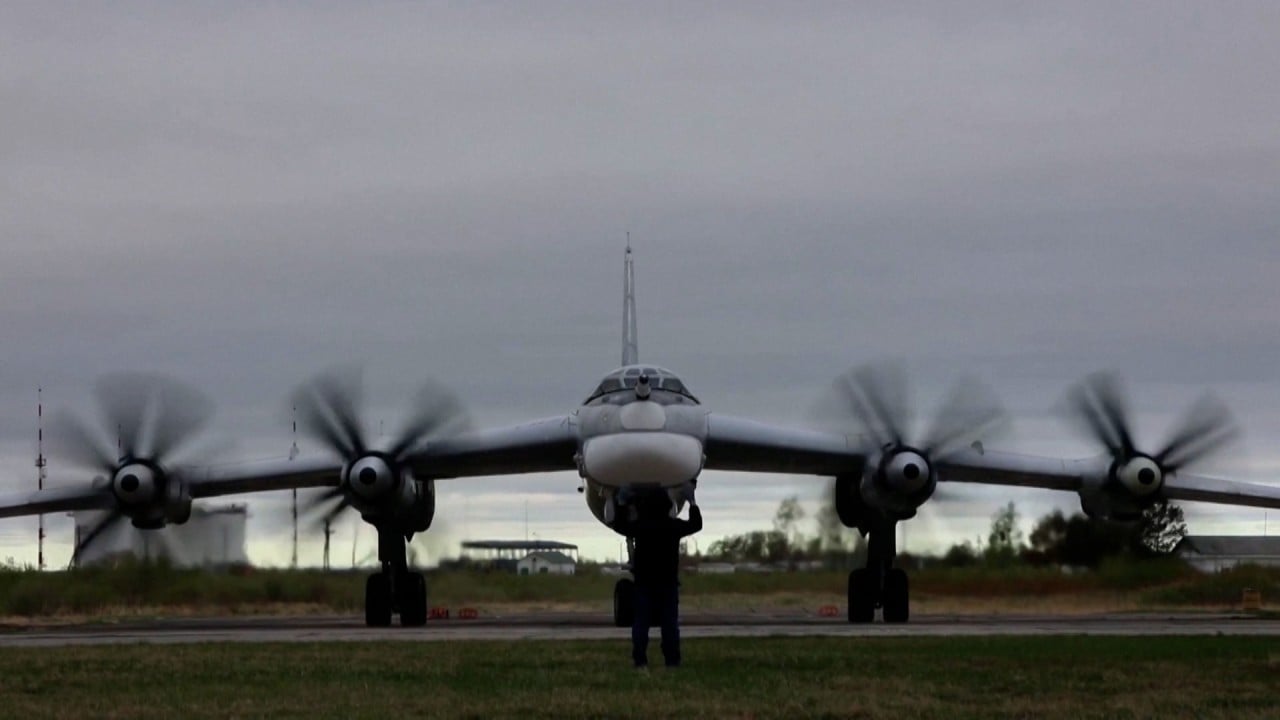
China’s No 3 leader Li Zhanshu to visit Russia. Could a Xi-Putin meeting be next?
- The visit later in the week will make Li the most senior figure to travel outside China since the start of the Covid-19 pandemic
- Visit comes as Moscow faces growing pressure from the West following its invasion of Ukraine earlier this year
The third-ranked leader in China’s political hierarchy will visit Russia this week in a sign that the country’s top officials are resuming international travel after a long, pandemic-induced hiatus.
Among the 25 members of the wider Politburo, only Yang Jiechi, the party’s foreign policy chief, has travelled abroad since the start of the pandemic.
If confirmed, it would be Xi’s first foreign trip since his visit to Myanmar in January 2020.
“Xi is all but certain to attend the Samarkand gathering, underlining the importance Beijing attaches to Central Asia and the Shanghai Cooperation Organisation in the midst of China’s deepening feud with the US-led West and Russia’s war in Ukraine,” a Chinese specialist in regional affairs said, declining to be named.
Xi is also likely to visit Kazakhstan – a key Moscow ally, where the Chinese leader launched the Belt and Road Initiative nine years ago – to boost support for his pandemic-hit signature project, according to another mainland-based analyst who requested anonymity.
Foreign Minister Wang Yi visited both Kazakhstan and Uzbekistan earlier this year, preparing for Xi’s expected visit.
Uzbekistan’s SCO national coordinator, Rakhmatula Nurimbetov, was quoted last week by the Shanghai Observer, an outlet controlled by party mouthpiece Jiefang Daily, as saying that leaders of all eight member states were expected to attend the Samarkand summit.
Iranian President Ebrahim Raisi is also expected to join the gathering, with Tehran on track to be admitted to the bloc.
Speculation has also been rife in India about a possible meeting on the sidelines of the SCO summit between Xi and Indian Prime Minister Narendra Modi.
India and China have been involved in a prolonged military stand-off in eastern Ladakh since a deadly border clash in June 2020, and a Xi-Modi meeting would be the pair’s first face-to-face contact since November 2019.
Chinese troops in Russia for war games as ties with West worsen
More than 2,000 Chinese troops are attending the Vostok 2022 war games in Russia, suggesting growing defence cooperation between Beijing and Moscow in the aftermath of Western sanctions over Russia’s invasion of Ukraine.
But Chinese analysts said it would be far-fetched to interpret both trips as fresh evidence of Beijing’s implicit support for Putin’s war in Ukraine.
“China, like most SCO member states, is expected to call for a ceasefire and peace talks, instead of openly voicing support for Russia over the Ukraine war,” the regional affairs specialist said.
“China is facing an economic slowdown and other challenges at home and an increasingly hostile environment abroad and drawing fire is probably the last thing it needs at the moment.”
Instead, he said, Beijing’s diplomatic priority remained to shore up ties with its neighbours, which have been caught in the increasingly adversarial rivalry between China and the US.
China’s ties with Nepal have been strained this year since Beijing accused Washington of trying to drive a wedge between the Asian neighbours with a US$500 million development project to help Nepalis improve roads and electricity links.
Li’s trip would make him the most senior Chinese official to visit the Himalayan nation since Xi’s trip in October 2019.
Li is also expected to discuss a trip by Xi to Seoul during his three-day stop in the South Korean capital, according to The Korea Times.
Vice-President Wang Qishan was the last senior Chinese leader to visit Seoul, attending President Yoon Suk-yeol’s inauguration ceremony in May.
Beijing’s ties with Seoul are at a critical point, with Yoon trying to increase alignment with Washington’s China-focused Indo-Pacific strategy while maintaining close trade ties with Beijing.
Yoon has voiced hopes of a face-to-face meeting with Xi since taking office, including in a speech last month on the 30th anniversary of the normalisation of diplomatic ties.
Li, 72, is expected to step down from the party’s top echelon in October’s party congress but retain his role of chairman of the National People’s Congress until March.




